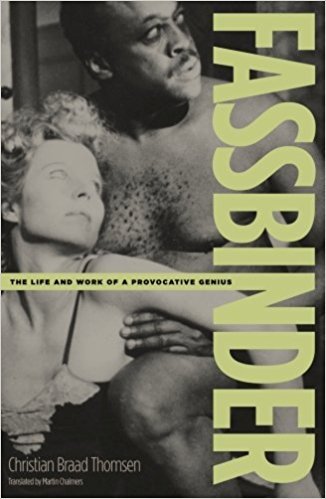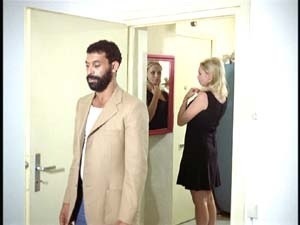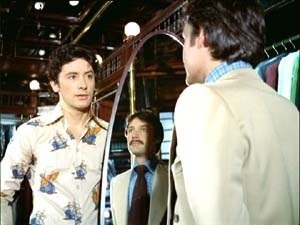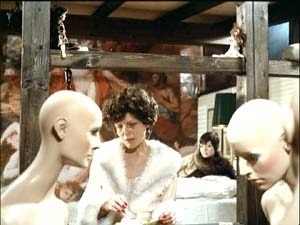What do you think?
Rate this book


In Fassbinder, Christian Thomsen, a close friend of the director, illuminates Fassbinder's body of work while revealing his insider views of a man who, despite a furious temper, manic working habits, and rampant drug addiction, supported an extended family- including his mother, a string of male lovers, lovelorn women, and even a pair of frustrated wives-with his intoxicating and prolific imagination. This book, like Fassbinder's often-used image of the mirror, brilliantly reflects the sexual, political, and overwhelmingly human contradictions inherent in the life of this intensely creative man and the remarkable films he directed.
Christian Braad Thomsen is a Danish filmmaker and scholar.
358 pages, Paperback
First published January 1, 1978



